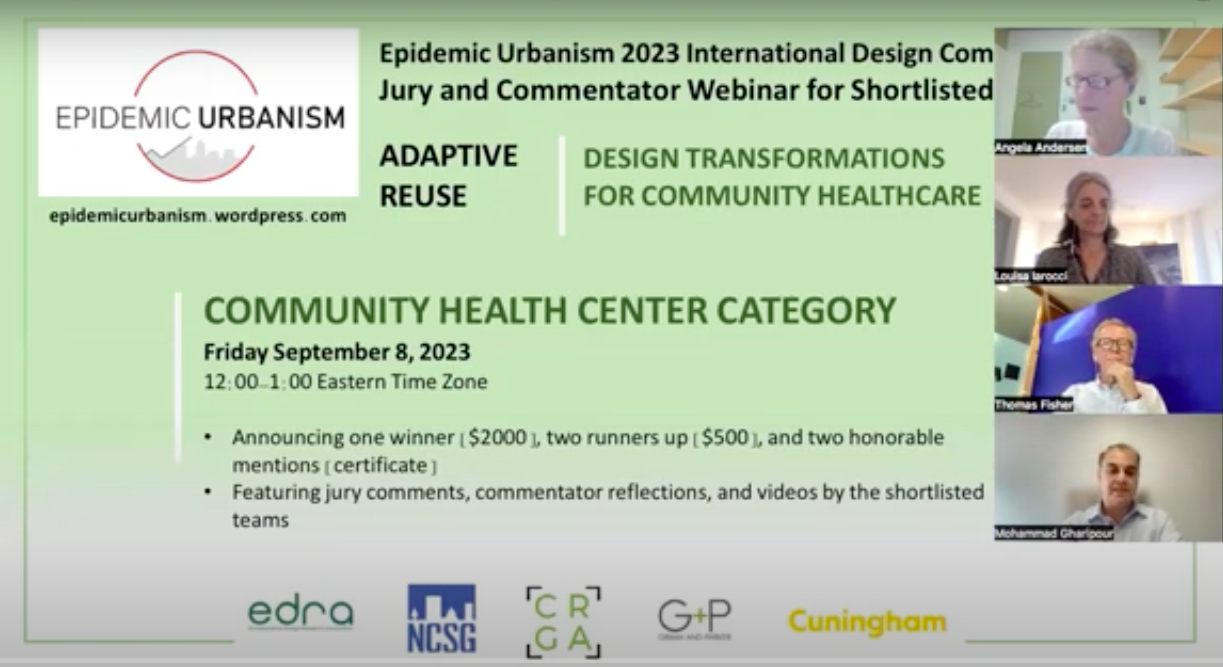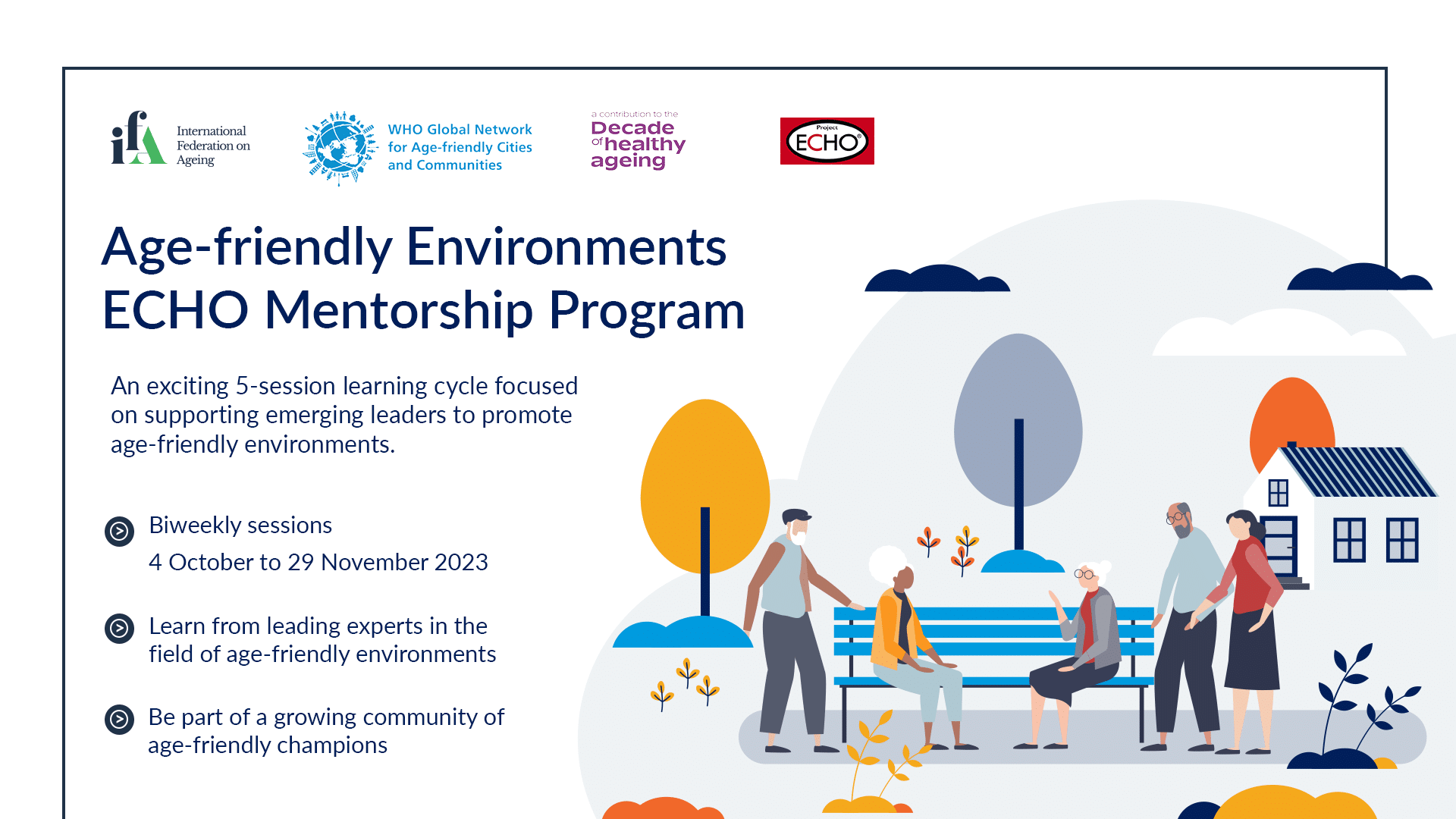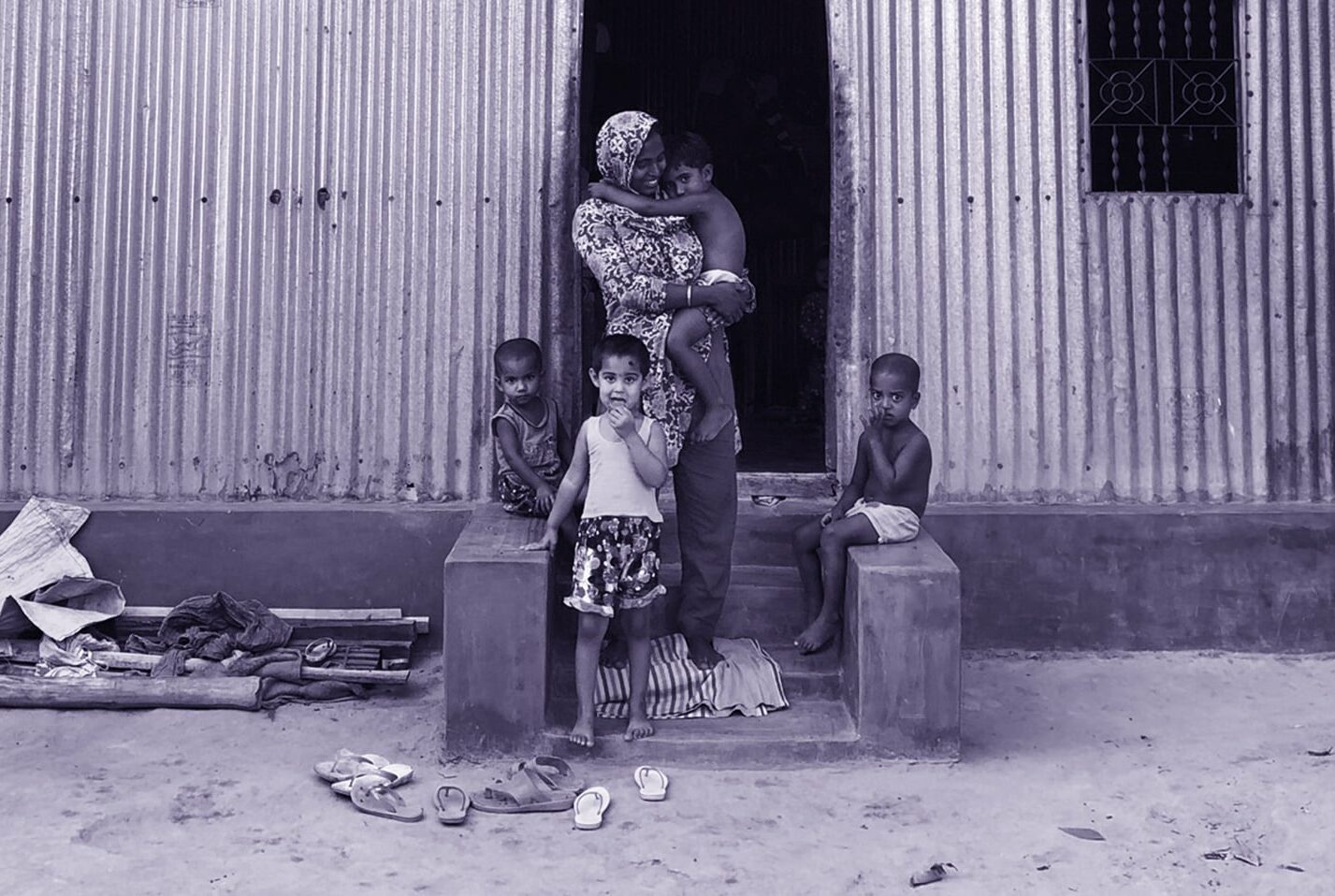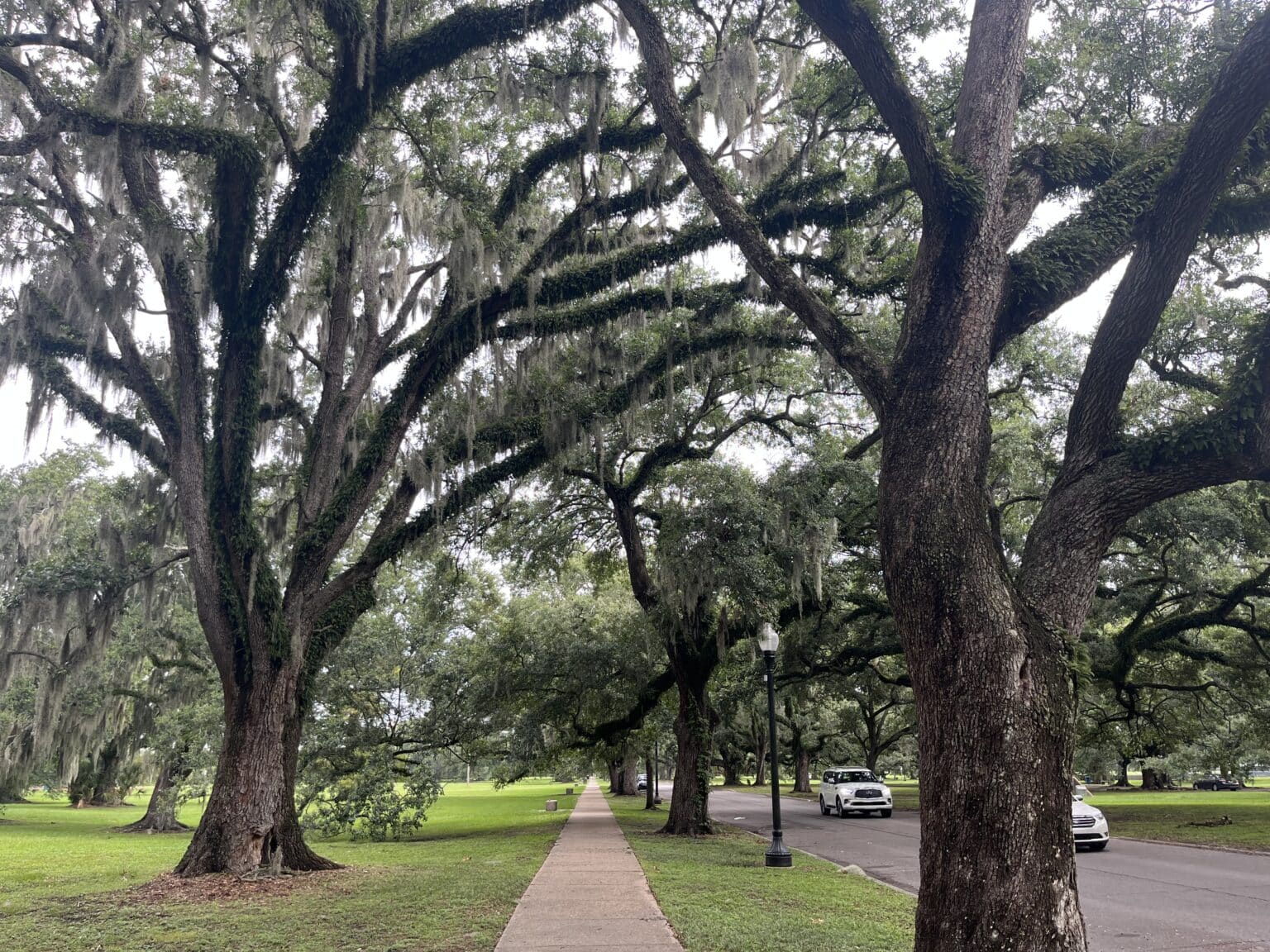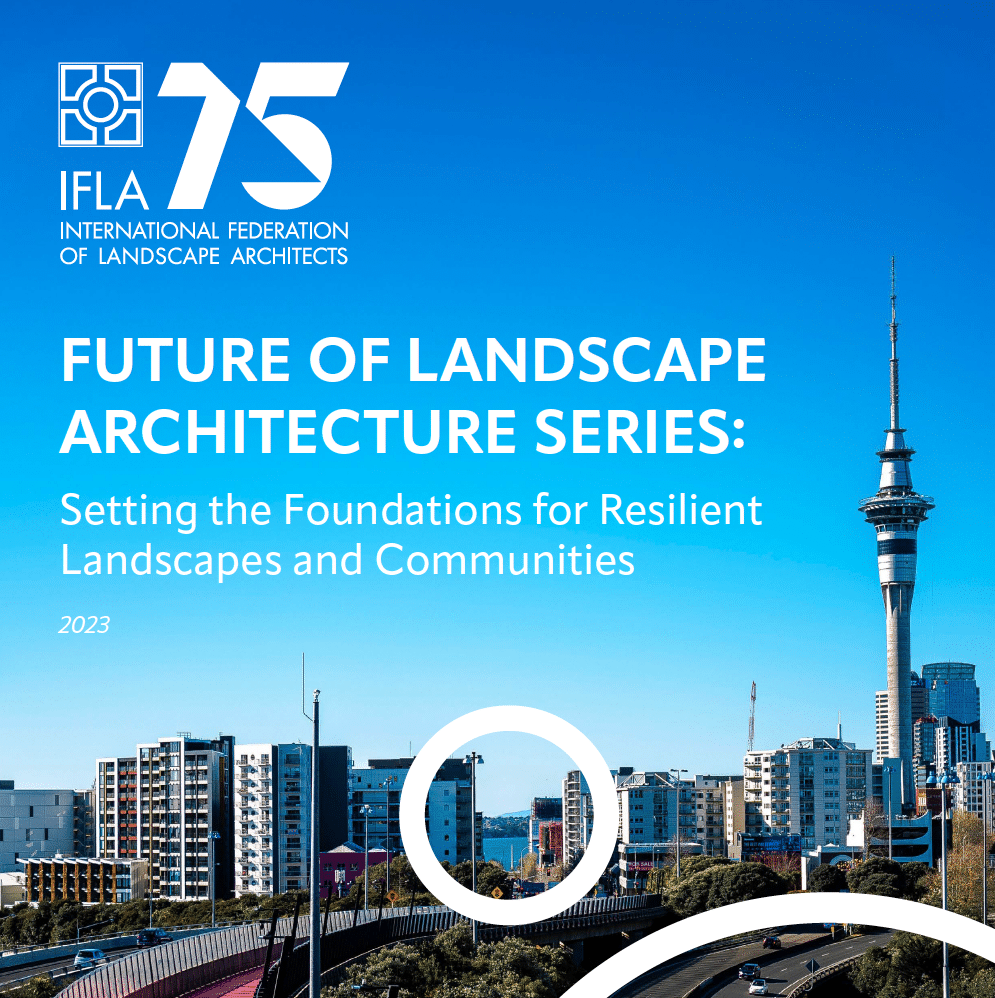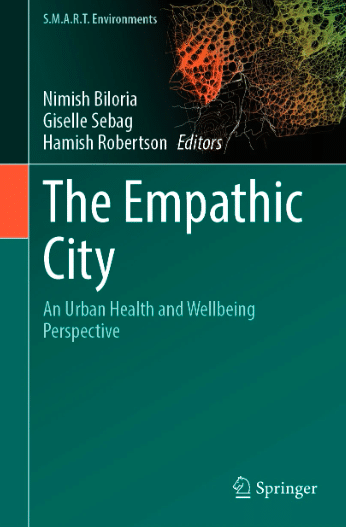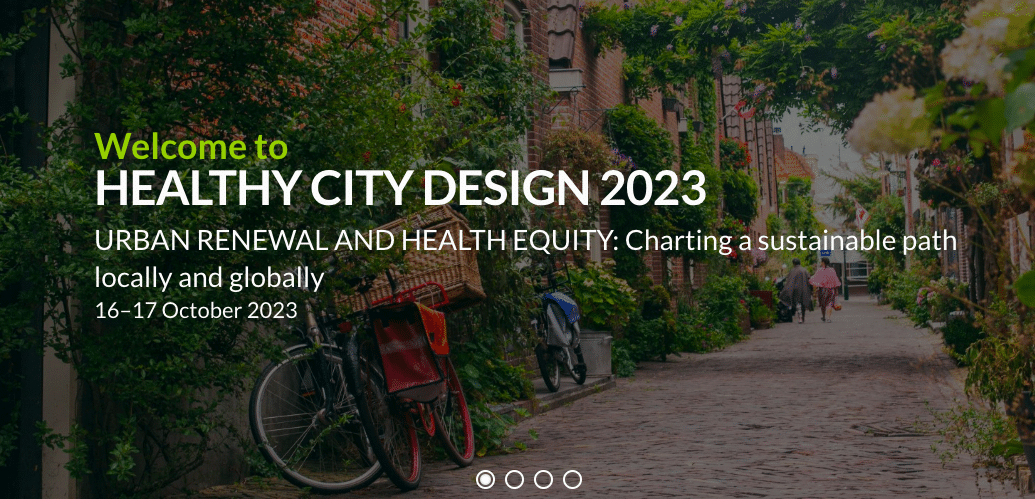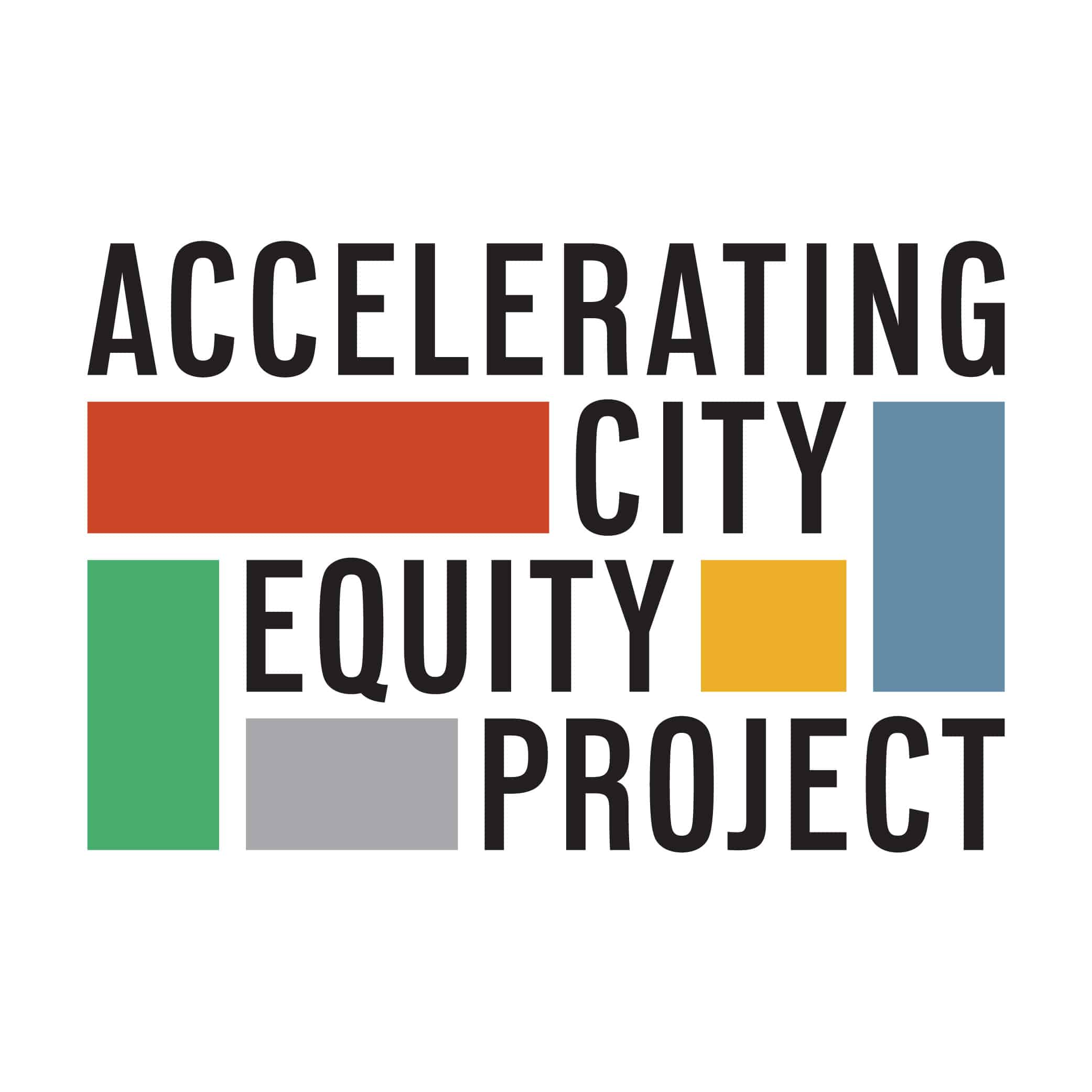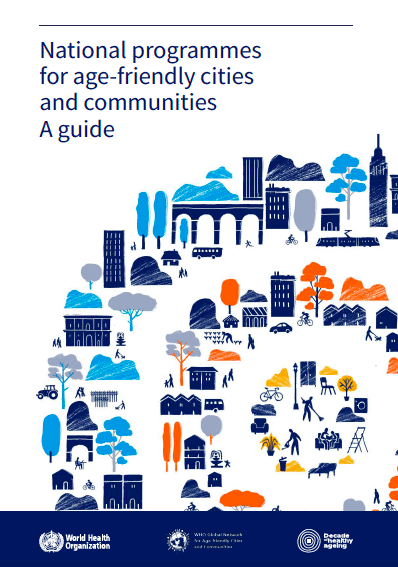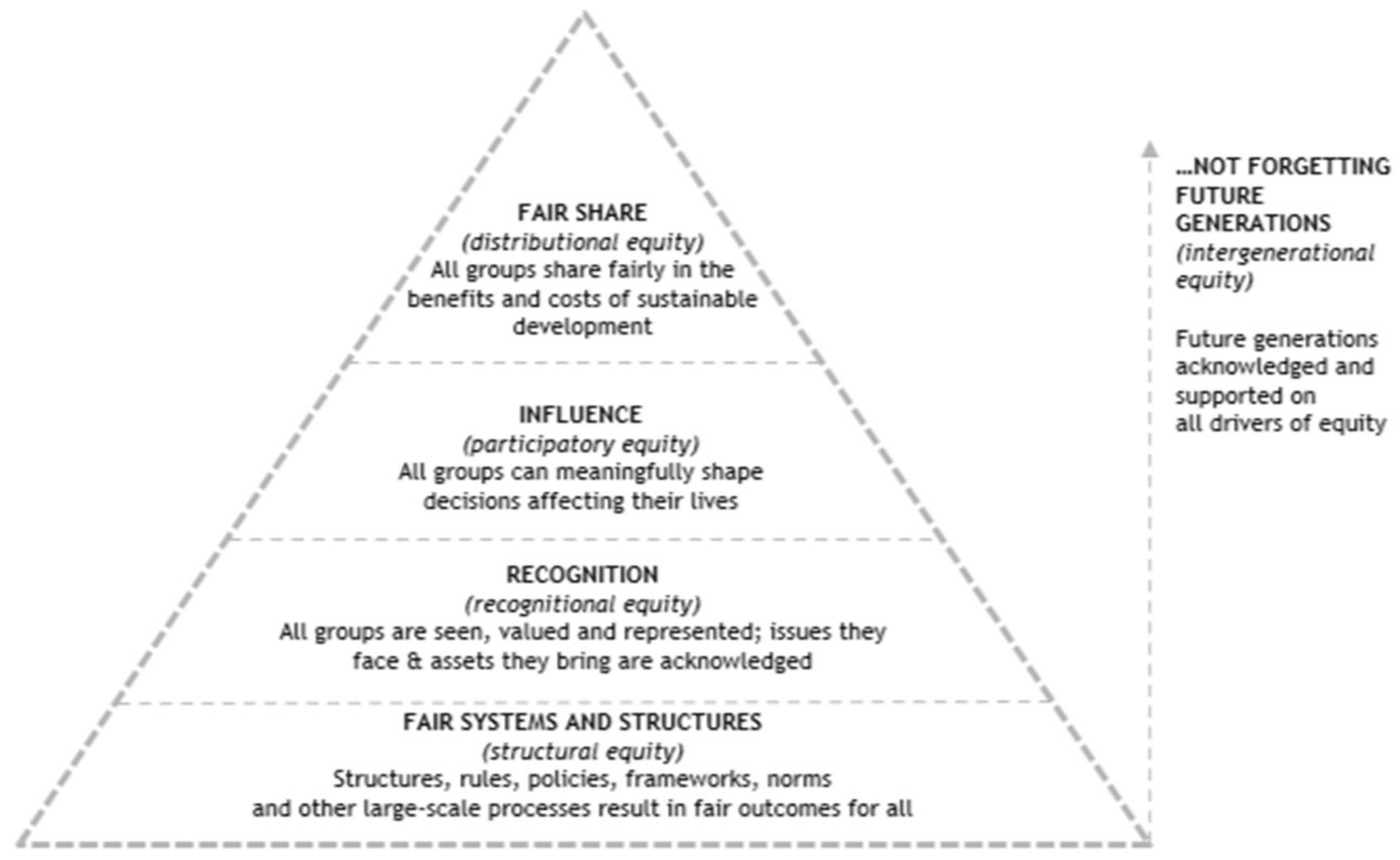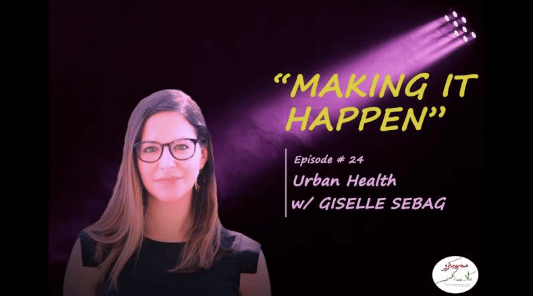Welcome to
ISUH Latest News
LATEST NEWS
2023 Epidemic Urbanism International Design Competition
We participated in the Epidemic Urbanism International Design Competition 2023. We invite you to watch the Community Health Center recording.
Watch Here
Age-friendly Environments ECHO Mentorship Program
Are you an emerging leader of an age-friendly city/community or in a position to influence age-friendly community development? Are you interested in gaining the skills needed to lead, influence and implement age-friendly Initiatives? Join the second English edition of the WHO and IFA’s Age-friendly Environments ECHO, an opportunity to share knowledge and learn from experts and other learners. This second edition will focus on promoting agefriendly environments in low- and middleincome countries, all are welcome!
Find Out More
Healthy Housing Program: ARCHIVE Global is Making a Big Impact in Bangladesh!
Check out our floor-replacement project covered by local newspapers in Bangladesh! We are so excited to be working with community members to build healthier homes throughout the Savar community. Check out our Healthy Housing portfolio at archiveglobal.org.
Read Here
Big and Small Steps to Beat the Heat
One long-term solution to heat islands is to regreen cities after years of doing the opposite. But measures like green corridors require patience, as trees take time to grow. In this article, learn about smaller and bigger steps to mitigate the effects of urban heat islands and reduce health impacts on residents, especially the most vulnerable communities.
Read Here
Future of Landscape Architecture Series
ISUH contributed to this first book "Setting the Foundations for Resilient Landscapes and Communities" as part of the IFLA Future Landscape Architecture Series. The book series aims to raise awareness of key themes around the profession each year and as preparation for some of the discussions that will be taking place at the IFLA World Council in Nairobi in September 2023. The book will be distributed to all IFLA delegates in Nairobi where we will be presenting our call to action: Landscape Architects are Healthy Places Changemakers.
Read Here
Salud y Ciudad
A person’s zip code influences their life expectancy more than their genetic code. Salud y Ciudad, a documentary produced by the Inter-American Development Bank, featuring our partners Ana Diez Roux and Kevin Martinez-Folgar of SALURBAL, highlights project findings to document disparities in mortality and life expectancy across and within Latin American cities.
Watch Here
The Empathic City: An Urban Health and Wellbeing Perspective
Cities have a profound power to support or hinder human health and wellbeing in countless ways. Achieving greater health equity has emerged in recent years as a key priority and consideration when designing cities to promote health and wellbeing, although there is a dearth of evidence and practical examples of research translation to guide cities and communities. The book accordingly exemplifies a pluralistic approach to achieving urban health equity which recognises and addresses critical aspects of geography, age, race, background, socioeconomic status, disability, gender etc. With interdisciplinary science clearly pointing to the role of the neighbourhood environment as one of the most important health determinants, this book will undoubtedly lead the next generation of urban health actors to build contextually responsive, equitable, empathic cities to benefit residents around the world. The book, rather than being focused purely on academic propositions for building equitable cities, offers a unique multi-stakeholder perspective by collaborating with the International Society for Urban Health’s 18th International Conference on Urban Health. This unique collaboration allows access to hundreds of scientists, architects, urbanists, multilaterals, policymakers, non-profit leaders, and grassroots organizers. The book captures the voices and concerns of such diverse cross-sectoral professionals and showcases findings that turn evidence into action and impact in communities around the world.
Read Here
Healthy City Design 2023: Urban Renewal and Health Equity
The Healthy City Design 2023 (HCD 2023) International Congress is a global forum for the exchange of knowledge on the research, policy and practice of designing healthy and sustainable cities and communities. This year’s plenary theme is ‘Urban renewal and health equity: Charting a sustainable path locally and globally’. Congress attendees will develop their knowledge of the political and economic context, emerging practice, latest research findings, skills and core competencies in designing, planning and commissioning city services, technology and infrastructure, project management, and the evidence base for environmentally responsible urban planning, design and public health.
Join Here
The Accelerating City Equity (ACE) project: A framework to accelerate health equity in sustainable development
The Accelerating City Equity (ACE) Framework aims to recognize health inequities and catalyze the implementation of evidence-based solutions to achieve health equity in cities worldwide as a requisite to sustainable development. The Framework presents actionable strategies and measurable indicators, identified through a literature review and a crosswalk that compares existing sustainability and equity-related tools from around the world. It aims to be easily understood and effectively utilized by architects, urban planners, public health professionals, government, community members and more.
Read Here
National Programmes for Age-Friendly Cities and Communities
Our physical and social environments are major influences on how we experience ageing and the opportunities it brings. Creating age-friendly environments enables all people to age well in a place that is right for them, continue to develop personally, be included, and contribute to their communities while enabling their independence and health. Developing age-friendly cities and communities is a proven way to create more age-friendly environments – for everyone. Age-friendly cities and communities improve access to key services and enable people to be and do what they value.To accelerate the development of age-friendly environments, WHO provides practical support for every country to develop a national programme for age-friendly cities and communities.
Read Here
Sustainability and Equity in Urban Development (S&EUD): A Content Analysis of “Bright Spots” from the Accelerating City Equity (ACE) Project
Sustainable and equitable urban development (S&EUD) is vital to promote healthy lives and well-being for all ages. Recognizing equity as core to urban development is essential to ensure that cities are inclusive, safe, resilient, and sustainable. The aim of this study was to identify and assess the elements of equity and sustainability in exemplary bright spots using the ACE Framework and the United Nations’ 5 Ps of Sustainable Development. A content analysis process was performed to identify initial case studies, obtain bright spot information, and select final case studies. The exemplary bright spots selected were assessed for drivers of equity and the five pillars of sustainability. Results showed that equity and sustainability have become key considerations in urban development work. Numerous effective strategies and outcomes identified in the exemplary bright spots could be replicated in other contexts.
Read Here
Giselle Sebag, Executive Director, ISUH
Check out this episode of the Peacemakers Pakistani podcast for an inspiring conversation between the brilliant Azbah Ansari and our dear Executive Director Giselle Sebag, MPH, LEED AP ND around the ways that we can improve urban health through more equitable spaces within our cities worldwide!
Watch Here
ISUH: Developing healthy, equitable cities for all
The International Society for Urban Health (ISUH) is the only global nonprofit organization working to bring together leaders from across academia, government, philanthropy, the nonprofit, and private sectors to achieve a healthier, more equitable urban future for all people, in all communities, worldwide. Your support helps to sustain ISUH, enabling us to advance our mission to achieve a healthier, more equitable urban future for all.

